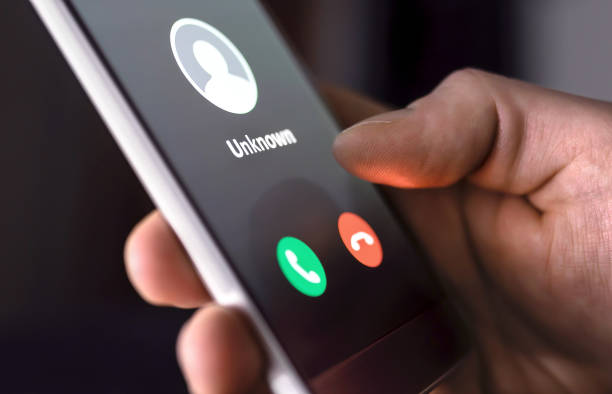Flash Calling
Flash calling has stirred up quite a bit of discussion in the telecom industry as of late. And it makes sense why. With its ability to impact revenues and what some are claiming as ‘bypass charges for A2P SMS’, it presents a potential shift in the way the sector is headed.
A particular question that has been raised recently in regards to flash calling, its legality, and the framework being tied to the idea of fraud. While not all countries and experts support this notion, it’s become clear that the issue of fraud is something flash calling’s feasibility as a whole has become reliant on.
What Is Flash Calling?
Simply put, flash calling is a way of sending information by having an A-party phone number dial a B-party number. It’s similar to voice verification and SMS in the way that it’s a phone-based authentication solution. However, it differs in the way it transmits codes. Unlike traditional SMS verification, which requires secondary actions like message delivery to take place, flash calling passively connects users with passwords by simply dialing their number and cutting the line. No one needs to answer the call – the receiver’s phone just needs to use the last four digits of the inbound number and apply it as a verification code.
Flash calling’s biggest claim to fame has been through WhatsApp, which recently announced that it would be switching its SMS OTP model to the new framework. Users see it as an upgrade, as it requires less work on their part. They simply receive the flash call and no longer have to open their messaging app or type authentication codes manually.
It isn’t without its caveats though – flash calling requires access to a user’s phone logins in order to properly authenticate codes, something not everyone may be ready to give.
Fraud and Flash Calling
One of the primary issues currently surrounding flash calling is its similarity to wangiri phone scams. Wangiri, which translates to “one ring and cut”, is a form of fraud where scammers make numerous short calls to international numbers in quick succession. The missed calls show up on victims’ phones as missed calls from unfamiliar numbers, leading them to call back out of curiosity. Once they do, they’re typically charged high fees with little to no way of getting their money back. While it’s technically not illegal in and of itself in most countries, regulations surrounding it are considered a gray area.
In the upcoming 1Route Roundup episode, we’re joined by Risk & Assurance Group’s Eric Priezkalns, who recently shared his insight on flash calling on his website, commsrisk.com. Click here to read what he had to say, and make sure to tune into the latest 1Route Roundup episode to hear all things telecom industry, favorite smells, and what song Eric would choose to listen to for the rest of his life if he could only choose one.

